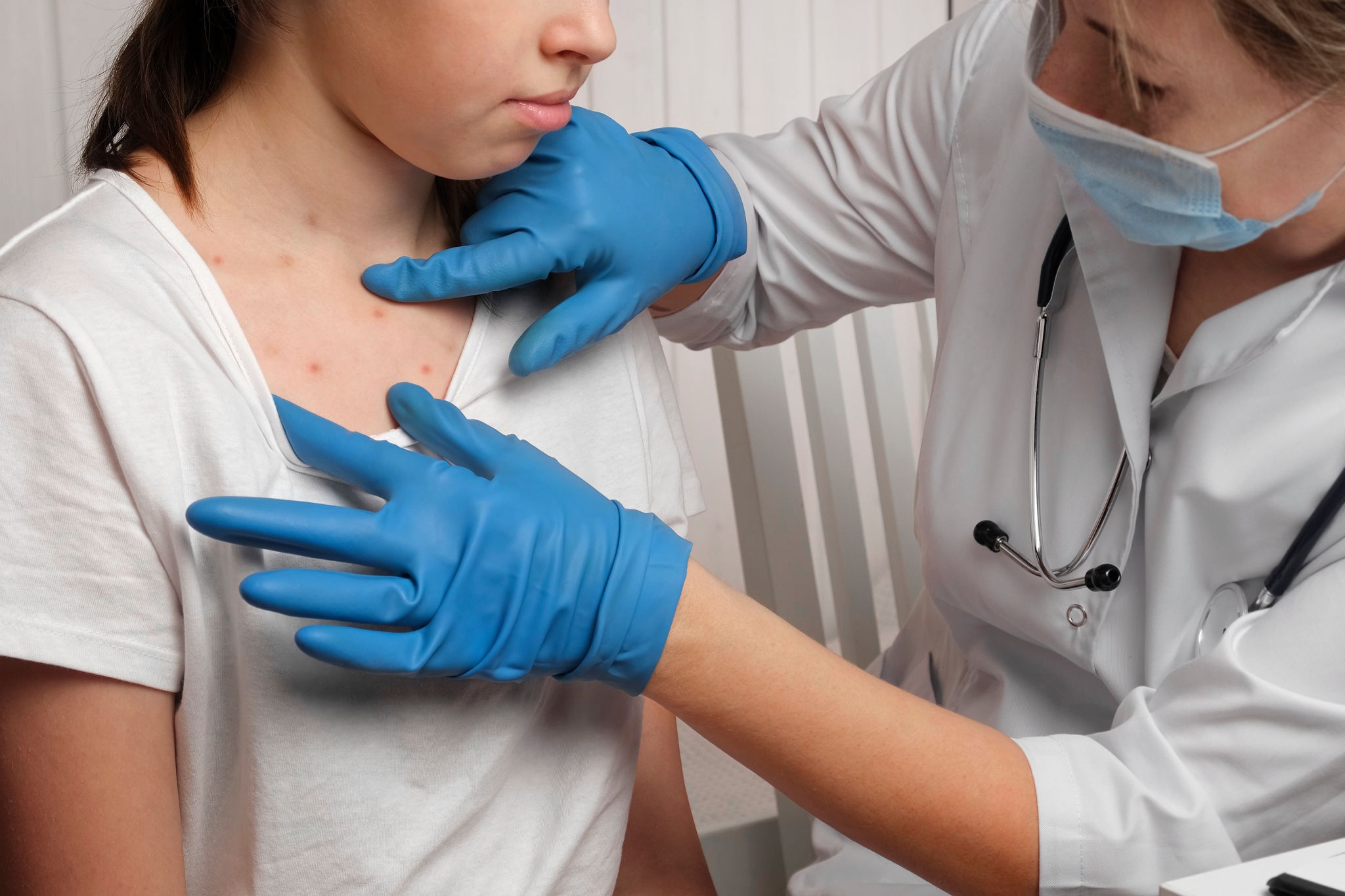Understanding Acne Treatment Options: A Beauty Cocktail Expert’s Guide
Understanding Acne and Its Causes
Acne is a common skin condition that affects millions of individuals worldwide. It's not just a teenage problem; adults can also suffer from acne breakouts. The causes of acne are varied, ranging from hormonal imbalances to lifestyle factors such as diet and stress. Understanding these causes is the first step in addressing and treating acne effectively.
Hormonal changes, especially during puberty, pregnancy, or menstrual cycles, can trigger excessive oil production in the skin. This oil, combined with dead skin cells, clogs pores and leads to the formation of acne. Additionally, stress is known to exacerbate acne by increasing the production of cortisol, a hormone that can further inflame the skin.

Over-the-Counter Treatments
For mild to moderate acne, over-the-counter (OTC) treatments can be quite effective. These products often contain active ingredients like benzoyl peroxide, salicylic acid, and alpha hydroxy acids. Benzoyl peroxide helps kill bacteria and remove excess oil, while salicylic acid aids in unclogging pores by promoting the shedding of dead skin cells.
When choosing an OTC treatment, it’s important to consider your skin type. Those with sensitive skin might benefit from milder formulations to prevent irritation. Consistency is key with these treatments; regular application as per the product instructions can yield noticeable improvements.

Prescription Medications
If OTC treatments don’t suffice, prescription medications may be necessary. Dermatologists often prescribe topical retinoids, antibiotics, or oral medications to tackle more severe cases of acne. Topical retinoids like tretinoin are effective in accelerating cell turnover, preventing clogged pores.
Oral antibiotics may be prescribed to reduce inflammation and bacterial growth. In certain cases, hormonal therapies such as oral contraceptives are recommended for women to regulate hormones and reduce breakouts.
Professional Treatments
For persistent acne that doesn’t respond well to topical or oral medications, professional treatments like chemical peels, laser therapy, or light therapy can be considered. Chemical peels use acid solutions to remove the outer layer of skin, promoting new skin growth and improving texture.
Laser and light therapies target bacteria and reduce oil production in the skin. These treatments are typically performed by dermatologists or licensed skincare professionals and may require multiple sessions for optimal results.

Natural Remedies and Lifestyle Changes
Some individuals prefer natural remedies for managing acne. Ingredients like tea tree oil and aloe vera have anti-inflammatory properties and can be applied topically to reduce redness and swelling. However, natural remedies should be used with caution and ideally under guidance from a skincare expert.
Lifestyle changes can also play a significant role in managing acne. Maintaining a balanced diet rich in fruits and vegetables, staying hydrated, and reducing stress through activities like yoga or meditation can greatly contribute to clearer skin.
Creating a Personalized Acne Treatment Plan
The journey to clear skin is unique for each individual. It’s crucial to create a personalized treatment plan that considers your specific skin type, the severity of your acne, and any underlying health conditions. Consulting with a dermatologist can provide valuable insights and help tailor a plan that works best for you.
Remember that patience is essential when dealing with acne. Results may take time, and it’s important not to switch treatments too frequently as this can irritate the skin further.

Conclusion
Acne treatment requires a comprehensive approach that combines understanding its causes with selecting appropriate treatment options. Whether opting for OTC solutions, prescription medications, professional treatments, or natural remedies, the goal is to find what works best for your skin.
Consistency, patience, and professional guidance are key components in achieving clear and healthy skin. With the right strategy and commitment, you can effectively manage acne and boost your confidence.
